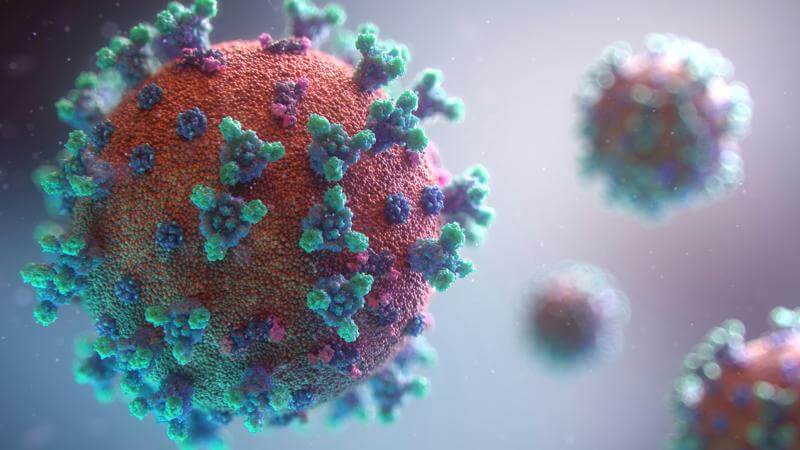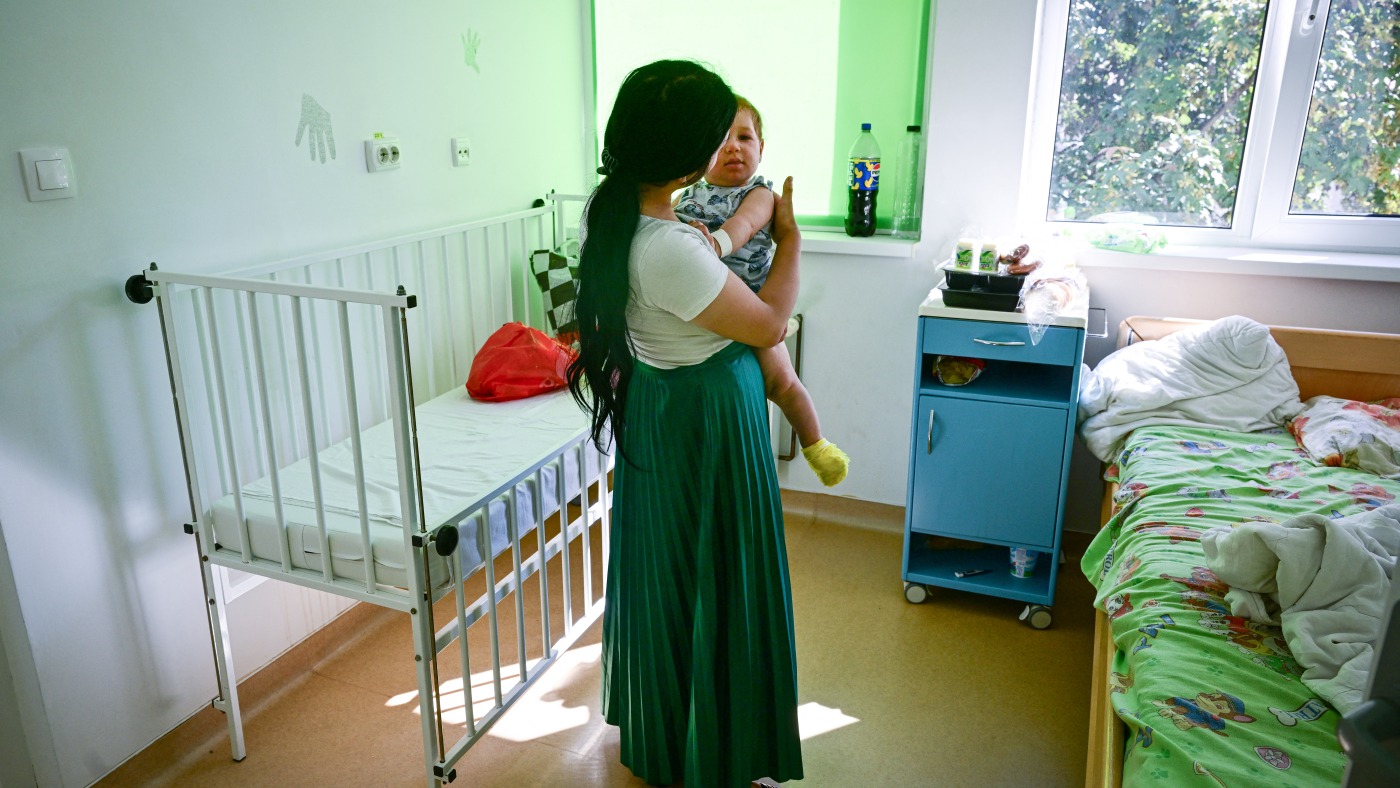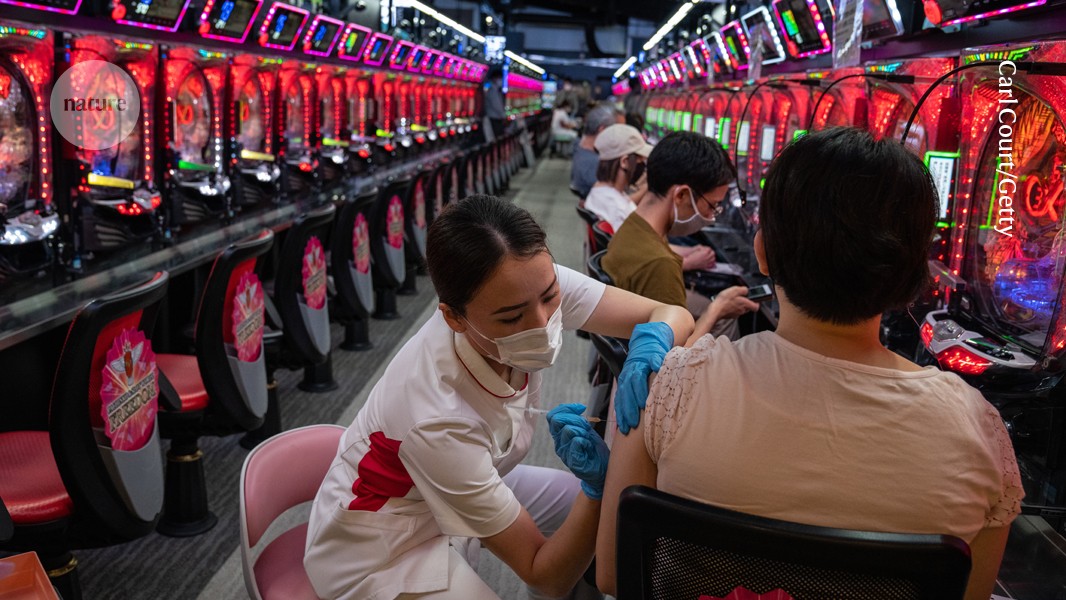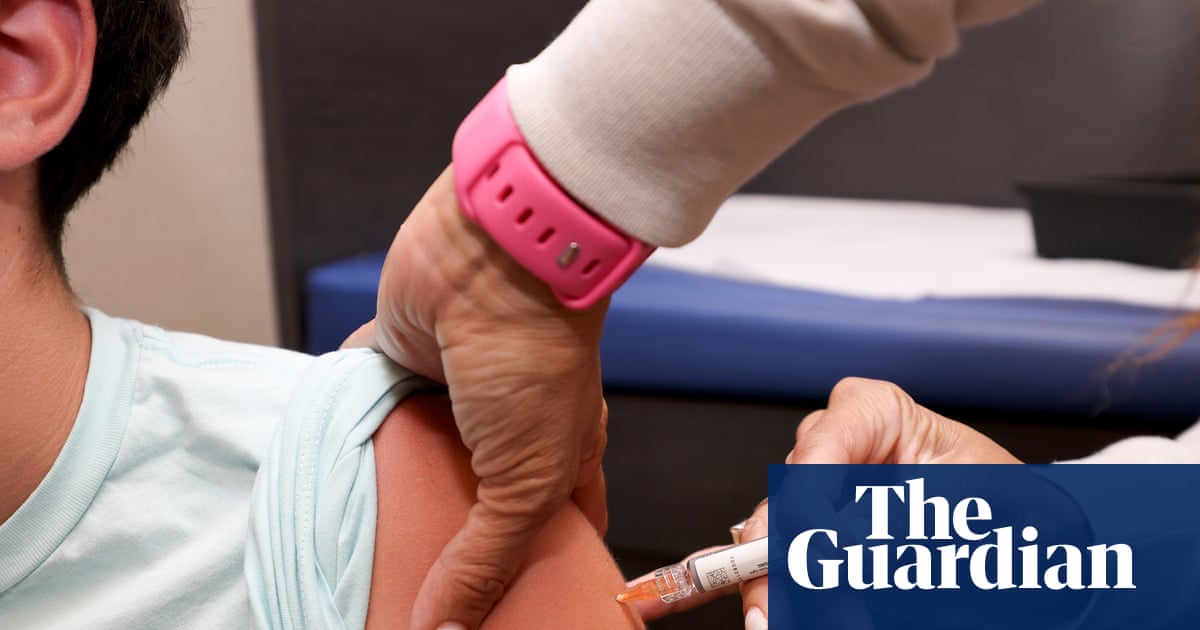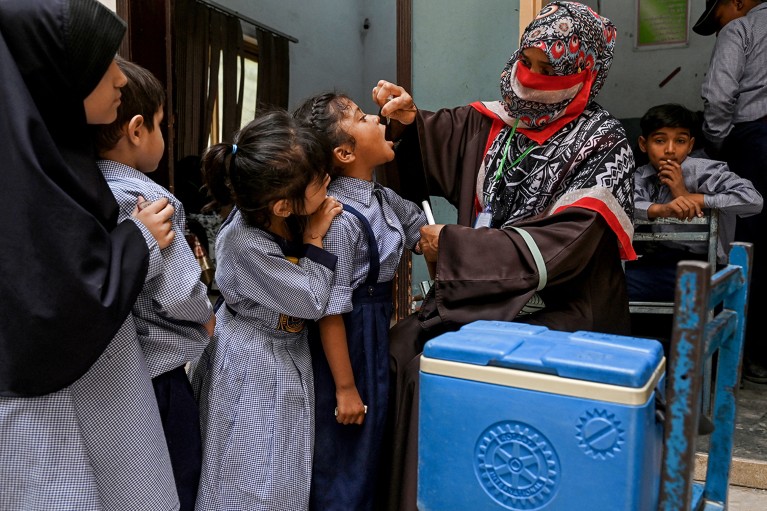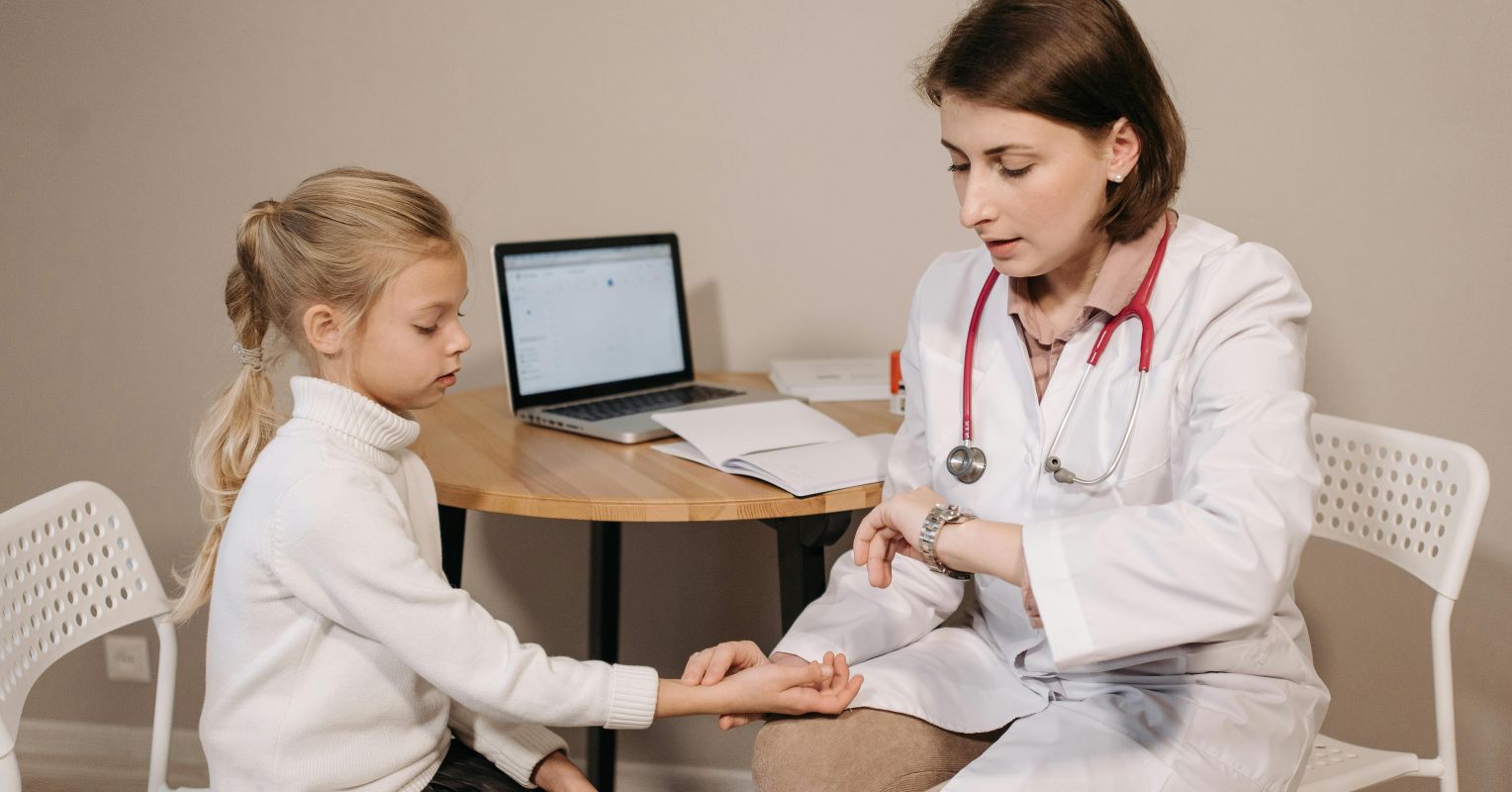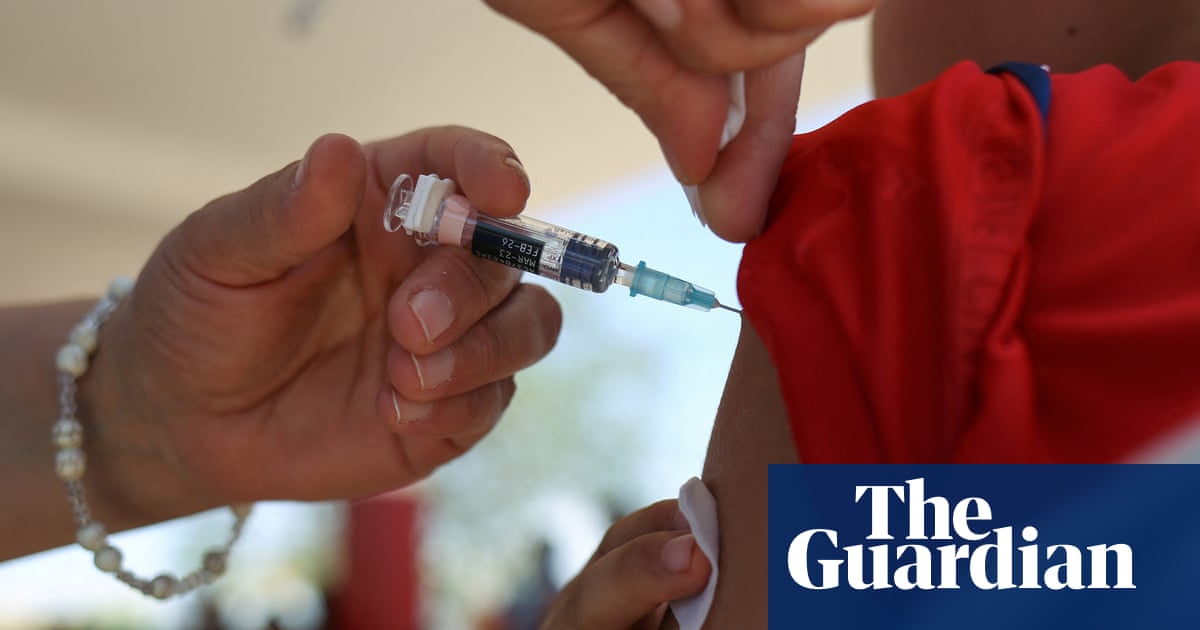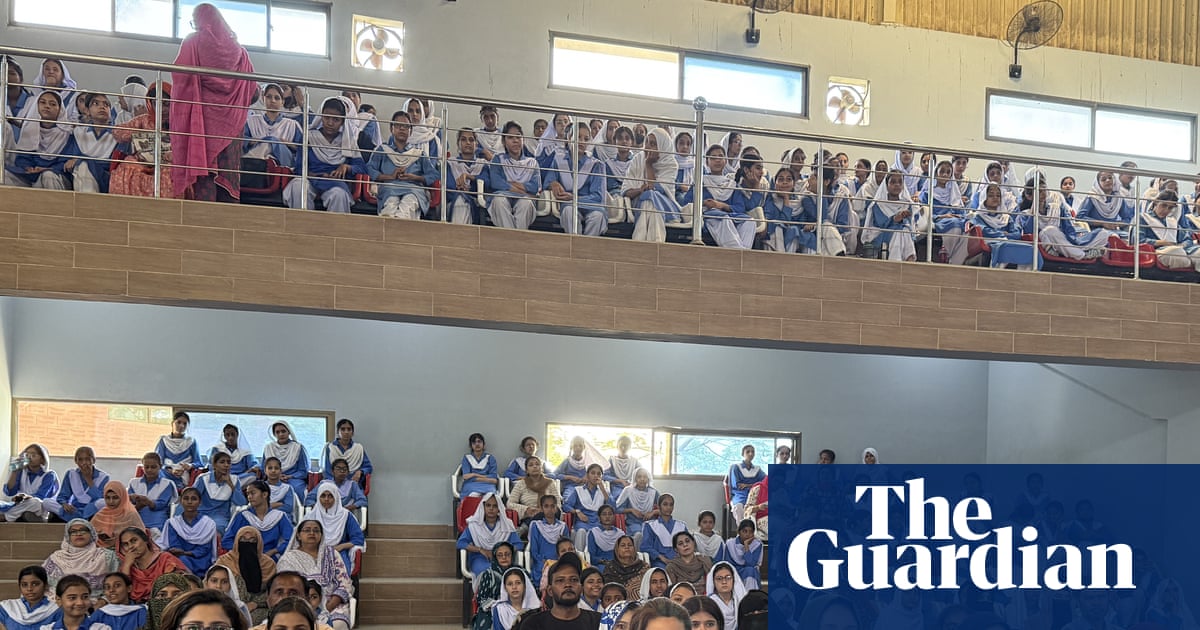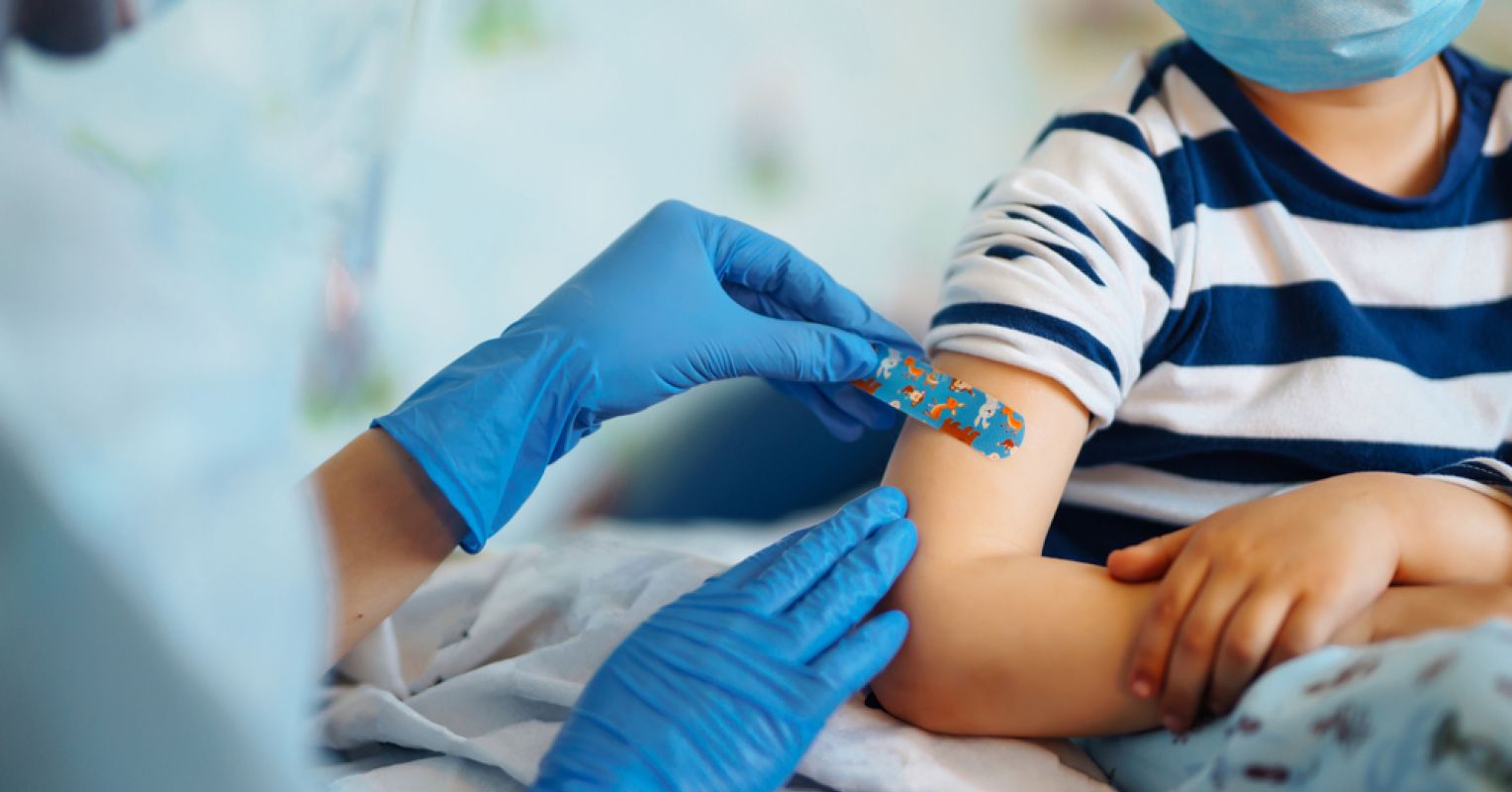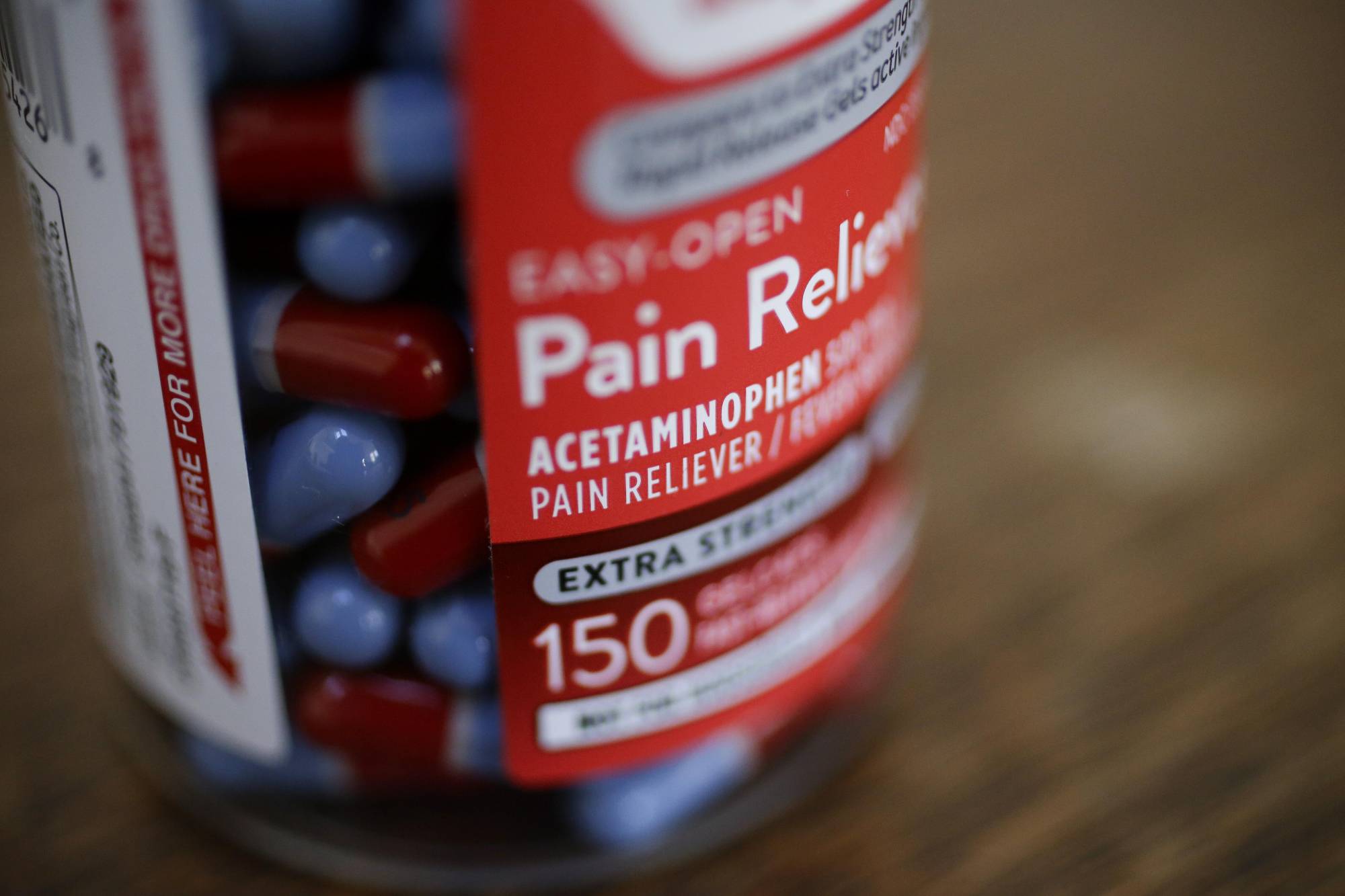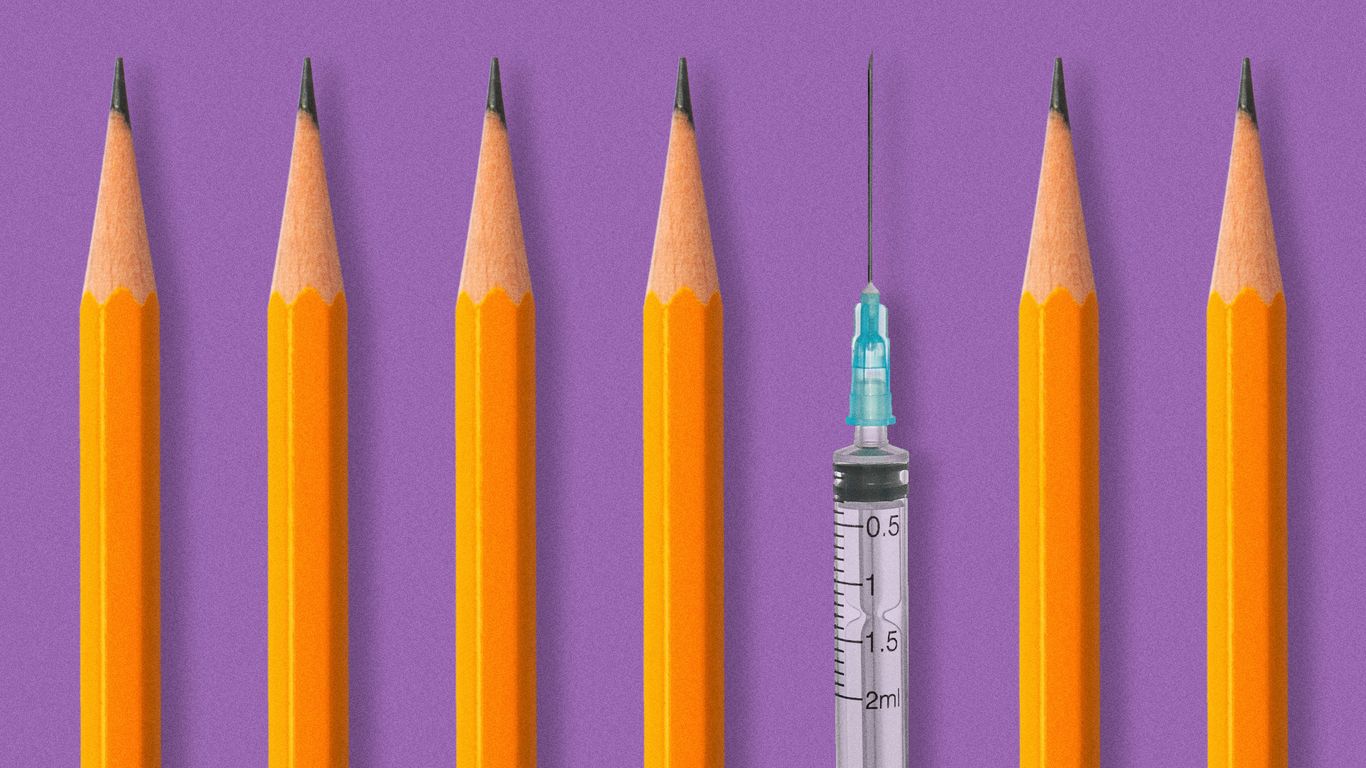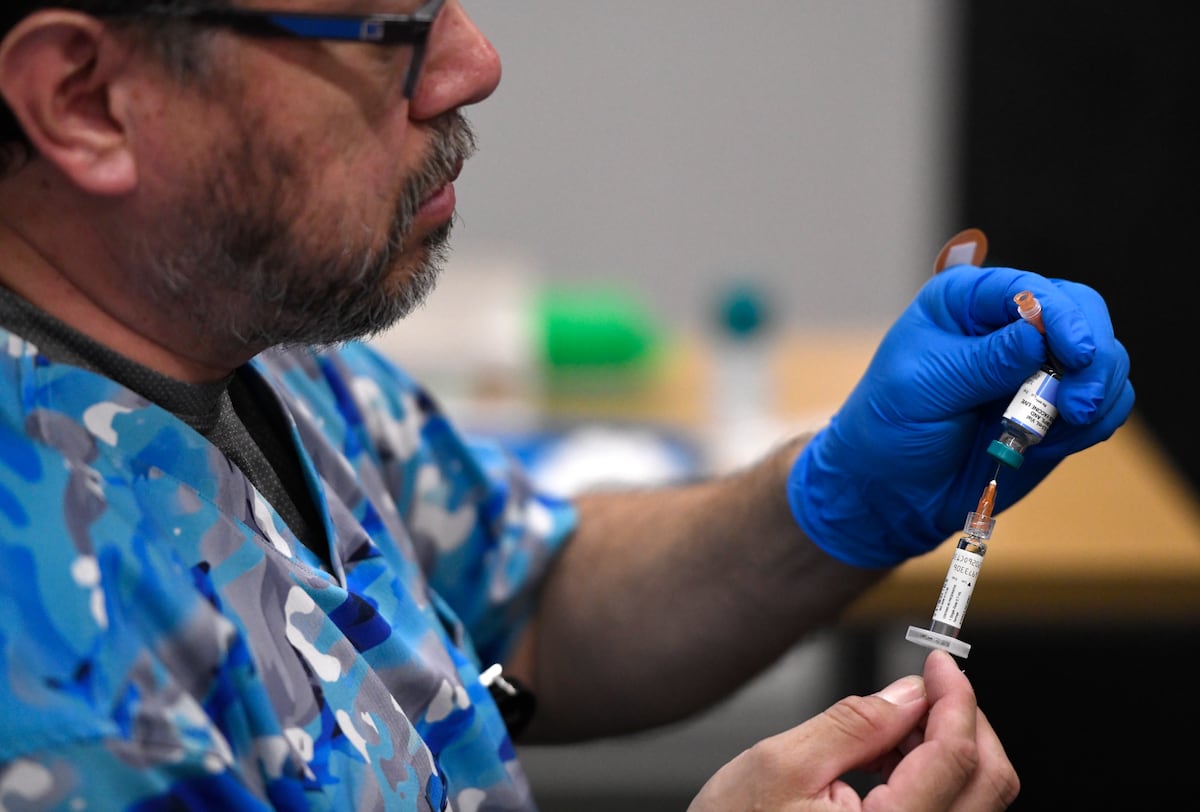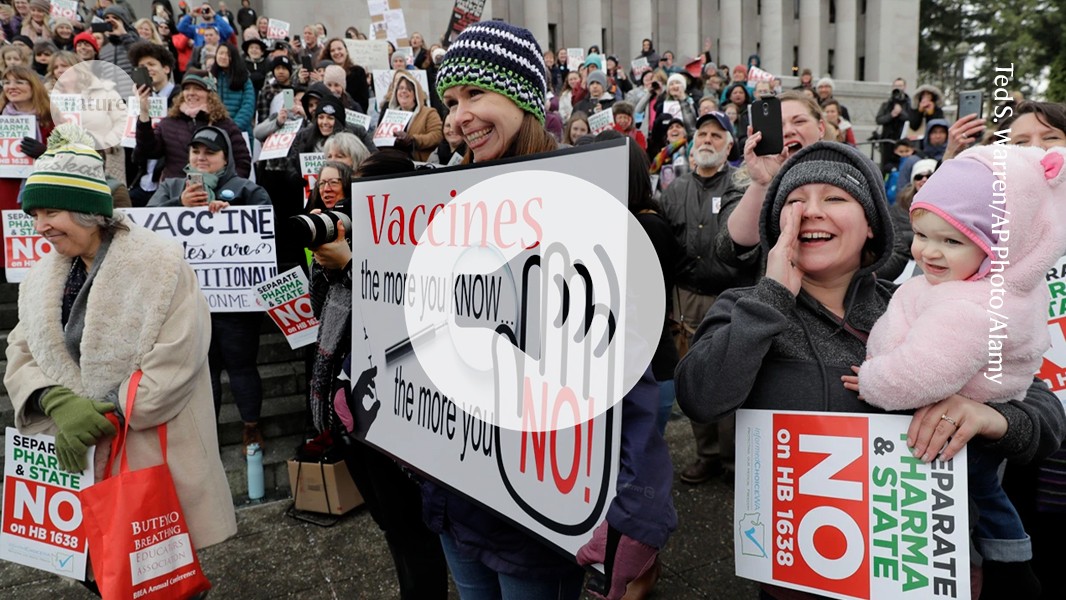#vaccine-hesitancy
#vaccine-hesitancy
[ follow ]
#public-health #vaccination #measles-outbreak #vaccine-policy #measles #covid-19 #mmr-vaccine #vaccination-rates
#measles-outbreak
Public health
fromwww.aljazeera.com
9 months agoWhy is measles spreading in Canada, Mexico and the US?
North America is facing a serious measles outbreak linked to vaccine hesitancy.
Measles complications can be severe, especially in vulnerable populations.
Vaccination efforts have previously eliminated measles in the US, highlighting the importance of herd immunity.
fromNature
3 weeks agoDaily briefing: Why 'harmless' germs can be deadly for some people
DNA variants near a gene called MSRB3 - which is important for hearing in humans - could determine whether a dog's ears are pendulous like a basset hound's or stubby like a rottweiler's. Researchers analysed the genomes of thousands of canines and found that small, single-letter changes to DNA in a region of the genome near MSRB3 could boost the gene's activity. The boost can increase the rate at which ear cells proliferate, resulting in longer ears.
Science
fromwww.mercurynews.com
3 weeks agoJarvis: Vaccine changes will make American children suffer again
By making sweeping changes to the nation's childhood vaccine schedule, America's top health leaders are recklessly maximizing the threat from previously common diseases and dismissing our collective role in preventing them. The new policy, which cuts the number of recommended vaccinations by more than a third, sends a not-so-subtle message that something was broken in the previous approach to keeping American kids healthy despite decades of evidence to the contrary.
Public health
fromwww.scientificamerican.com
1 month agoA Vitamin Shot Given at Birth Prevents Lethal Brain Bleeds, but More Parents Are Opting Out
According to new research published today in JAMA, the rate of vitamin K shot refusals has risen nearly 80 percent in the U.S. between 2017 and 2024. The study, which examined medical records from more than five million births during that time period, found that the proportion of newborns who did not receive the injection climbed from 2.92 percent to 5.18 percent.
Public health
fromSlate Magazine
2 months agoA Growing Number of People Refuse to Vaccinate Their Pets. They Have a Mind-Boggling Reason Why.
Influenced by the tenets of TCM and a book he read on the unethical practices of rabies vaccine pioneer Louis Pasteur, Grant became skeptical that the collection of symptoms identified by veterinarians as rabies was an actual, distinct disease that could be targeted by an injectable drug. Though he distrusts pharmaceutical products, potential adverse effects aren't his major objection to the shots. "It's more about not being convinced at all that there's really anything to vaccinate against," he said.
Pets
fromInsideHook
3 months agoUnfortunately, There's Now a Market for Medical Vaccine Exemptions
The COVID-19 pandemic was not where the anti-vaccine movement began, but the tumult of those years and the often-heated public debates over vaccines and vaccine mandates seem to have shifted something dramatically in the United States. In this case, that's cause for alarm; as NPR reported last month, the current number of measles cases in the United States this year is the highest it's been in decades.
Public health
Public health
fromBuzzFeed
3 months agoI'm An Infectious Disease Doctor. Here's What Happened When I Sat Next To A Vaccine Skeptic On A Plane.
Political polarization and online misinformation are driving public mistrust of infectious disease science, affecting vaccine decisions, funding, and clinicians' willingness to reveal their expertise.
Public health
fromBusiness Insider
3 months agoAt ID Week, infectious disease experts talk about public health and AI in healthcare
Infectious Disease Week gathers global ID professionals to focus on AI in healthcare, biopreparedness, public health strategy, and career development amid funding and misinformation challenges.
fromwww.scientificamerican.com
4 months agoHow a Contentious CDC Vaccine Meeting Will Affect Public Health
The already tumultuous landscape of U.S. vaccine policy faces more turmoil in what's anticipated to be a politically charged two-day meeting of a recently overhauled advisory panel to the Centers for Disease Control and Prevention. The Advisory Committee on Immunization Practices (ACIP) is an independent panel of experts that has traditionally met three times a year to make science-based recommendations about who should receive certain vaccines.
Public health
Canada news
fromwww.cbc.ca
5 months agoOntario's top doctor says province needs to modernize vaccine registry, calls for national schedule | CBC News
Ontario needs a centralized digital vaccine system and Canada needs a national immunization schedule and registry to address measles resurgence and widening vaccination gaps.
fromInside Higher Ed | Higher Education News, Events and Jobs
7 months agoResearchers "Cautiously Optimistic" NIH Will Restore Grants
"Since the ruling, we are really encouraged. But we haven't heard anything from the NIH about our grants being reinstated, and we don't have a window into what that process looks like."
Public health
OMG science
fromLos Angeles Times
9 months agoCommentary: She was wrongly snagged by Trump's word police. Now her medical research is down the drain
Political considerations are influencing scientific research funding decisions.
Grant termination can occur randomly without human review.
The use of algorithms may misinterpret applications, affecting researchers' work.
[ Load more ]

